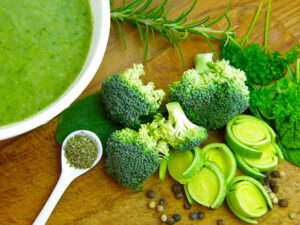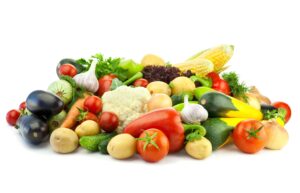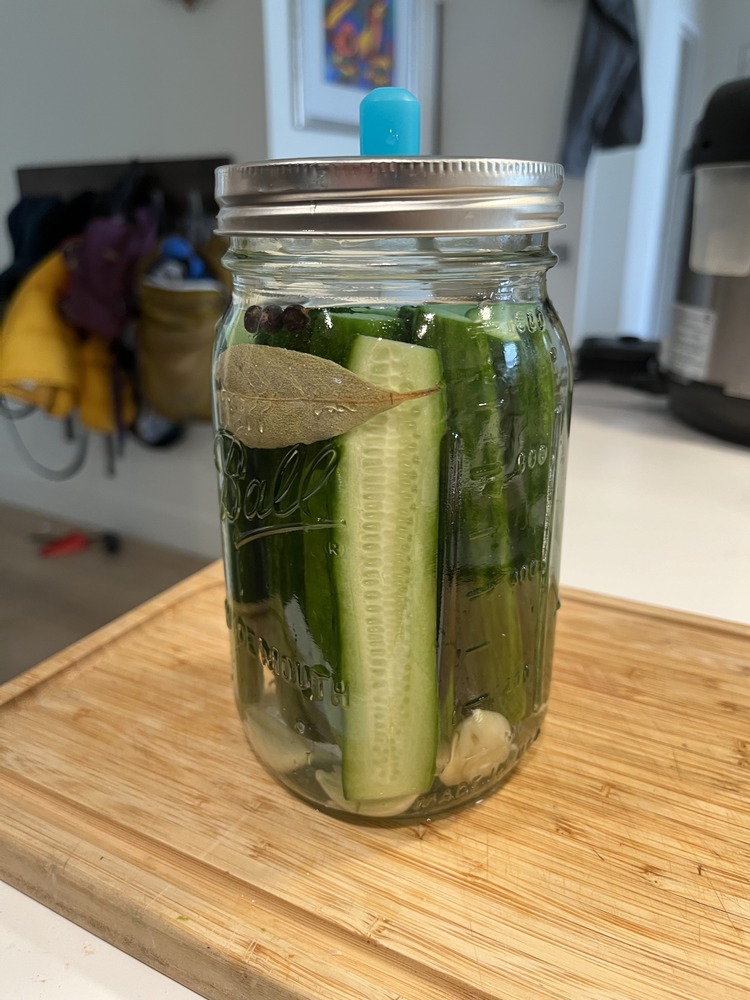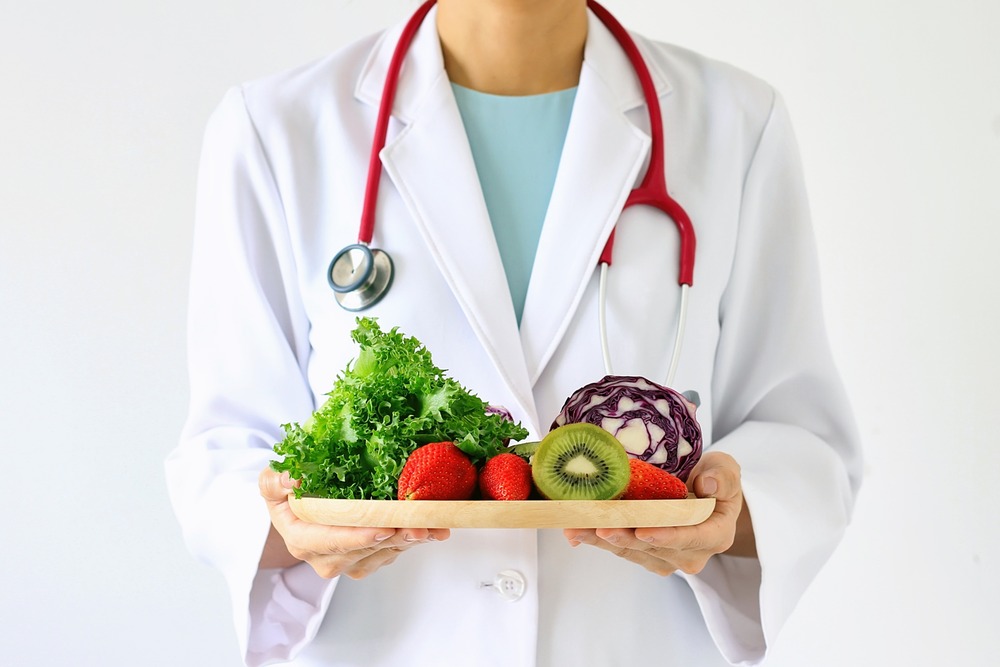Eating a variety of vegetables is universally recognized as a cornerstone of a healthy diet, given their rich nutrient profiles that support various bodily functions. However, the method of vegetable consumption—whether cooked or raw—has been a subject of debate. Drawing insights from both traditional Chinese medicine and contemporary nutritional science, I will explore the balance between eating vegetables raw or cooked to maximize their health benefits.
The Case for Cooked Vegetables
Easier Digestion and Nutrient Absorption
Traditional Chinese medicine has long emphasized the importance of eating cooked vegetables, citing that they are easier to digest and allow the body to absorb nutrients more efficiently. Cooking breaks down the cell walls of vegetables, making it simpler for the digestive system to access and assimilate vitamins and minerals. This process is especially beneficial for individuals with sensitive digestive systems, as it helps prevent common discomforts such as bloating and gas.
 Enhanced Vitamin Availability
Enhanced Vitamin Availability
Recent research underscores how cooking methods can influence the bioavailability of certain vitamins in vegetables. Techniques like boiling and steaming are particularly effective at enhancing the release of fat-soluble vitamins (A, D, E, K) and antioxidants. For instance, cooking tomatoes boosts the release of lycopene, an antioxidant linked to reduced risk of heart disease and cancer. However, it’s important to note that while some vitamins become more accessible through cooking, water-soluble vitamins like Vitamin C can be diminished.
The Benefits of Raw Vegetables
Consuming raw vegetables may also hold value. Raw vegetables maintain their water-soluble vitamins and enzymes, which can be lost during the cooking process. Moreover, raw vegetables offer a refreshing crunch and are essential components of a balanced diet, providing dietary fiber, which aids in digestion and satiety.
 Use Diverse Cooking Methods
Use Diverse Cooking Methods
Understanding that different vegetables and vitamins react differently to cooking, it’s beneficial to employ a variety of methods. Steaming and boiling can be ideal for harder, fibrous vegetables like carrots and broccoli, enhancing their digestibility and nutrient release. Meanwhile, sautéing or blanching can preserve the texture and nutritional integrity of more delicate vegetables like spinach and kale.
The Role of Digestive Qi in Health
Qi, or the body’s vital energy, plays a pivotal role in health and well-being. Digestive Qi, in particular, is fundamental for breaking down food and assimilating nutrients, which in turn, supports the generation of more Qi. Consuming predominantly cooked vegetables helps the digestive Qi in processing and extracting the vital essence from food, thereby enhancing overall vitality and health.
Guarding Against Digestive Qi Injury
On the flip side, an excessive intake of raw vegetables, which are harder to digest, can strain the digestive Qi. This strain can lead to digestive disturbances and a decrease in the body’s ability to produce Qi. Moderation and balance are key in preventing such injuries to the digestive system, emphasizing the importance of tailoring vegetable consumption to one’s digestive capacity and health status.
Practical Tips for Vegetable Lovers
- Variety is Key: Aim to include a wide range of vegetables in your diet, both cooked and raw, to benefit from their diverse nutrient profiles.
- Mindful Cooking: Experiment with different cooking methods to find what best preserves the nutritional value of vegetables while making them enjoyable to eat.
- Listen to Your Body: Pay attention to how your body responds to raw versus cooked vegetables and adjust your intake accordingly.
- Incorporate Fermented Vegetables: Fermented veggies, like kimchi and sauerkraut, offer probiotics beneficial for digestive health and can complement both raw and cooked vegetable dishes.
- Eat Seasonally: Eat more cooked vegetables in the winter when it is colder and we need to preserve our Qi and raw vegetables in the summer when it is hotter.
- Shop at Farmers Markets or Community Supported Agriculture: This helps enhance the nutritional benefits of your vegetables as well as also contribute to a more sustainable and community-oriented food system.
Conclusion
By understanding the principles of traditional Chinese medicine and modern nutritional science, individuals can make informed choices about their vegetable consumption. Balancing cooked and raw vegetables, experimenting with various cooking methods, and tuning in to the body’s responses can optimize the health benefits of vegetables. Ultimately, the goal is to enjoy a diverse and nutrient-rich diet that supports overall well-being.



